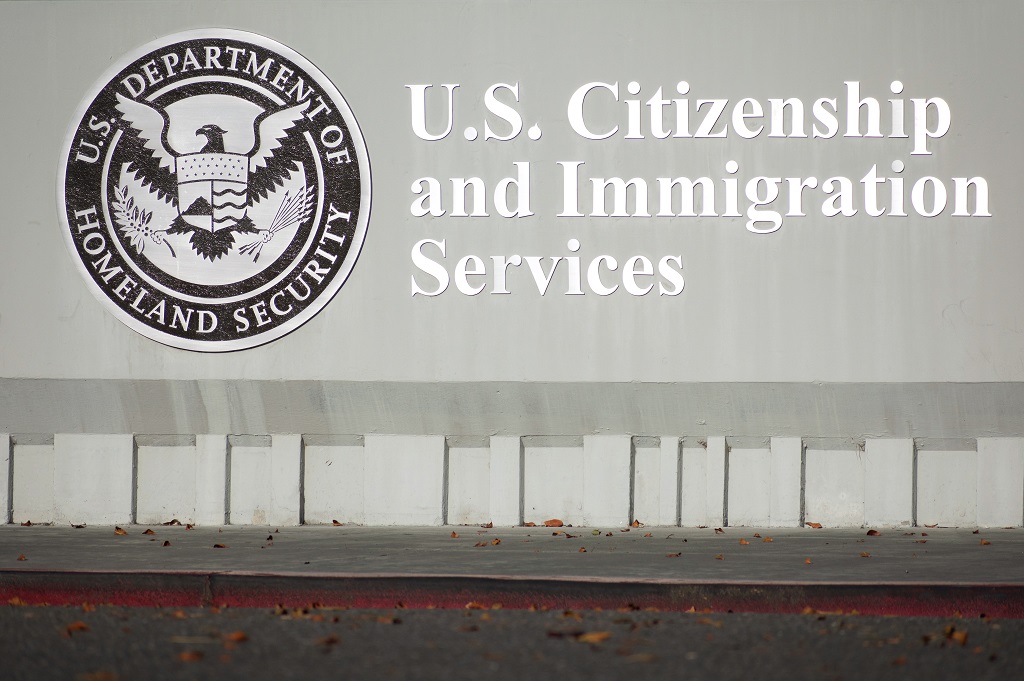U.S. Citizenship and Immigration Services (USCIS) announced a they are ready to implement the final rule expanding the existing provisional waiver process to allow individuals who are family members of U.S. citizens or lawful permanent residents (LPRs), to apply for the I-601A provisional waiver. This is set to go into effect on August 29, 2016.
While most of the requirements are going to be the same as the current process, there are some changes that will affect the process in general, not just for LPRs:
- Reason to believe standard – USCIS officers were allowed to deny the 601A if they had “reason to believe” that the person was otherwise inadmissible for possible fraud, minor crimes, etc. This will no longer apply. Officers can, however, still deny as a matter of discretion for reasons like felony crimes or prior deportations.
- The restrictions based on the date that the Dept. of State initially acted to schedule the Immigrant Visa interview are also eliminated – the original rule said that if you had an Immigrant Visa appointment with the consulate prior to January 2013, then you could not qualify for the provisional waiver. This restriction will no longer apply.
- Officers are now also instructed to provide additional detail regarding application deficiencies in Requests for Evidence (RFEs) relating to claims of extreme hardship in order to better allow applicants to efficiently and effectively cure such deficiencies – this was a problem for a LONG time. When an RFE is sent, they can often tend to sound general without letting the applicant know exactly why they believe the application is insufficient. Now, they are being instructed to provide better details about why the RFE is being issued so the issues can be addressed specifically.
We expect that more information will keep coming out on this throughout the next month or so. We will make sure to update this page with additional information as it becomes available.

 Thank you for contacting us. Please complete this form and one of our team members will be in touch with you soon.
Thank you for contacting us. Please complete this form and one of our team members will be in touch with you soon.


